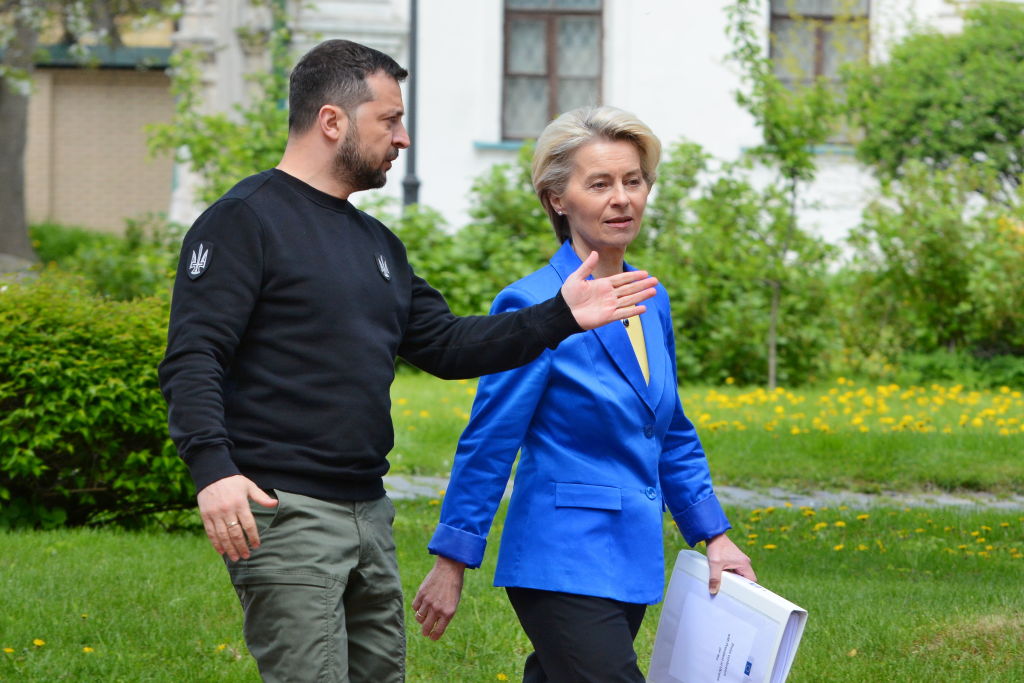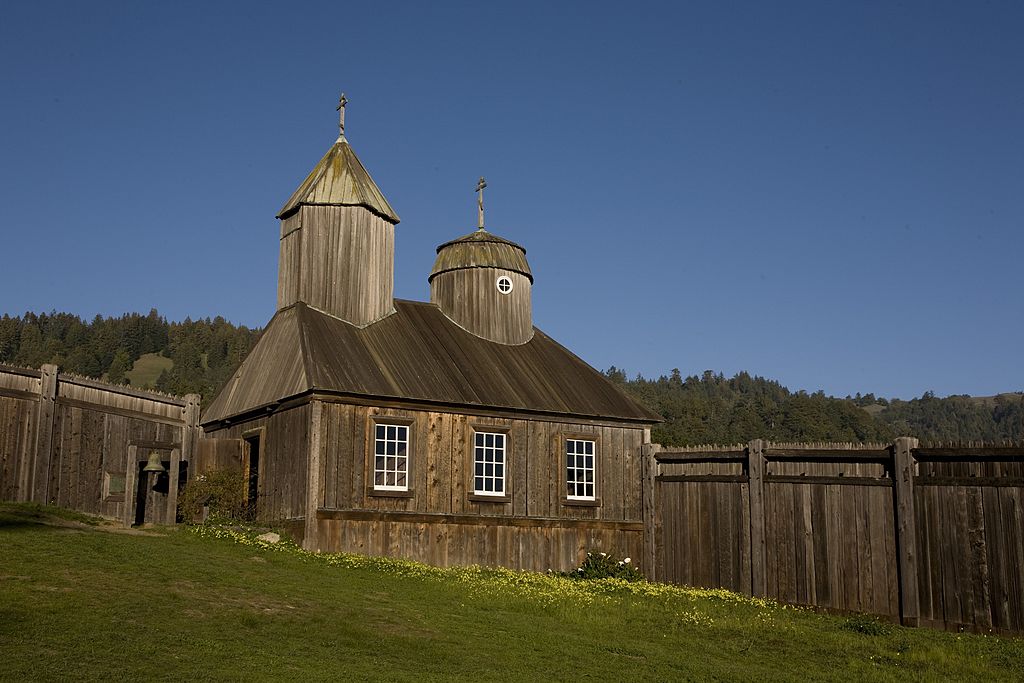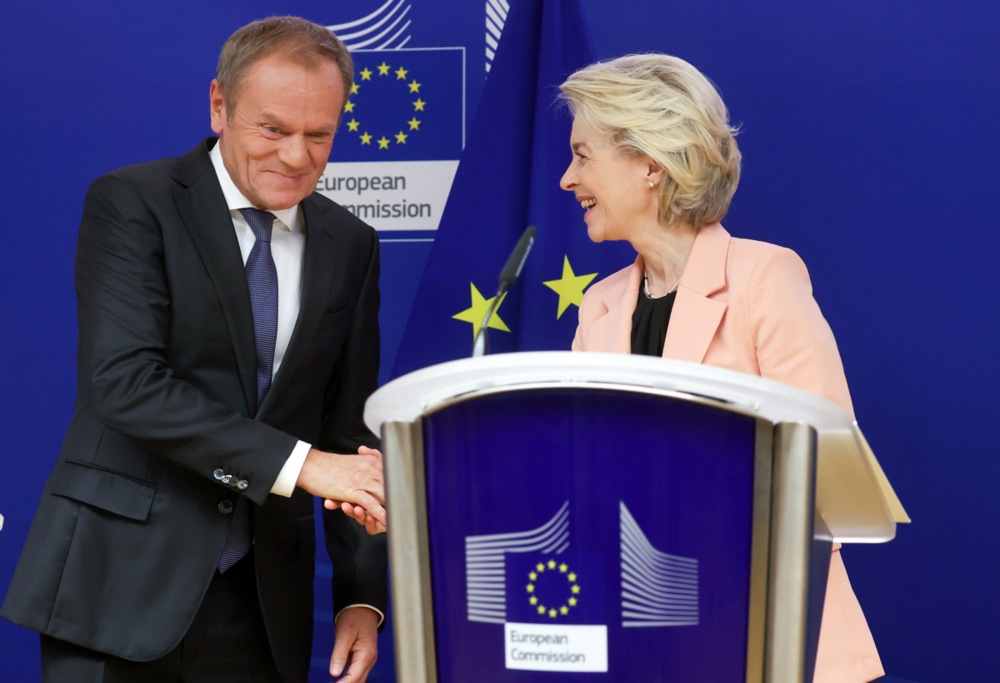With Ukraine’s situation becoming increasingly precarious, it is time to confront, head-on, the most dangerous of the many illusions entertained by the Western strategic community in relation to this war: the notion that peace is in Ukraine’s and the West’s gift to “give”, and up to Russia to “accept”.
The old world
There was a time – perhaps from mid-2022 to late 2023 – when this appeared as a reasonable proposition. Ukraine had done the impossible and survived the initial Russian blow; it had then moved swiftly on the counter-attack – helped by key deliveries of foreign weapons, especially American HIMARS – rolling back the Russians in Kharkiv and Kherson.
The prestige of the valiant Ukrainians and of president Zelensky himself were at their zenith. Almost the entire Western world had mobilised in support of the embattled Eastern European nation. Financial and military aid was flowing in; even Germany’s obstructionism was breaking down, one weapon system at a time. The immediate sanctions slapped on Russia after 24 February 2022 were being further strengthened into the strongest system of sanctions ever devised.
Ukraine was on a roll and held the military initiative. A great “counter-offensive” was prepared and launched in the summer of 2023 against the Surovikin line. The news reporting and the analytical pronouncements of the guiding lights of the Western defence intelligentsia – an echo-chamber of shoddy “expertise”, recently exposed by Eliot Cohen in an excellent CSIS report – had assured everyone that the Russian army was a band of bungling drunks, and that it was running out of missiles. Soon, it would run out of Soviet era tanks as well. It might recruit more soldiers, but it had few officers left to train them properly. Most importantly, the Russian economy was about to implode – surely, all those sanctions would make wartime production impossible.
Russia appeared to be on the backfoot on every level. It was supposed to falter in the field, with Ukraine about to cut through to the coast and take Crimea. Putin’s end was near, we were told. Prigozhin and his Wagner troops were in open conflict with Shoigu and the Ministry of Defence for months. When a march on Moscow was staged in June 2023, the usual suspects assured us that now Putin really can’t survive for much longer; the Russian elites and society, you see, would turn against him because of the “high costs” of the war.
These expectations and analyses were not entirely absurd, at that time. They were certainly off the mark as regards the immediate fate of the counter-offensive and the true balance of forces – as events soon proved, when that hard-fought summer campaign ended in total failure. But there was much to be said for the more positive and broader Western view as to how the war might pan out, regardless of the battles of 2023.
The real world
In that period, looking out to 2024 and 2025, there was still an alternative world ahead of us in which Ukraine could have gained the upper hand and forced Russia to the negotiating table. This was a world of sustained – and increased – Western aid in money and weapons. One where there was a more functional Ukrainian government able to improve its recruitment and training of forces. And, crucially, it was a future where the Russians were running out of old stocks and taking such high casualties – because the Ukrainian Armed Forces had become so competent in defence – that even they couldn’t replace them.
That world never came. But the wider political assumptions and expectations associated with it are still alive and well. The widespread idea that Putin made a terrible “mistake” (from a Russian point of view) by invading, and that the war has been such a disaster for Russia that Moscow is desperately looking for a way out – and would be happy to settle on the current frontline – simply does not match the facts. At present, the trend and the situation are quite the opposite.
It is now clear that the Kursk gambit has been a monumental military error on par with the costly defence of Bakhmut. It might yet turn into a disaster. It failed in drawing enough Russian units away from Donbas and thus slowing their progress there; but (at the very least) it has so far consumed precious Ukrainian resources. Indeed, the Russian army is advancing on multiple axes throughout the Donbas; it has effectively cracked Ukraine’s hardest defensive nut. Now it’s a question of exploiting the situation, which is not easy – but many of the most difficult obstacles which have secured the Donbas since 2014 have now been overcome by Putin’s forces.
Russia has also expanded its defence production, having very successfully switched to a war economy that is actually creating growth, and thus wealth. Putin has secured significant military assistance from Iran and North Korea – with the latter apparently now even moving to provide troops. In the field, the Russians have overcome many of their initial inadequacies and have learned and adapted well. The caricature of senseless Russian human wave attacks against high-tech, well-trained, Ukrainian defenders has little to do with reality – as the invaders’ successes show.
It is undeniable that it is Russia that now holds the initiative, and that the war trends strongly in its favour. Even some of Ukraine’s most loyal supporters admit the scale of the problem, i.e. the combination of Ukrainian failures and the West’s insufficient level of assistance. There is hardly any serious expectation of another US aid package next year anywhere similar to the $60 billion one passed by the US Congress in April. In addition, the need to supply Israel’s own existential fight, especially with air defence munitions, will be increasingly cutting into what the US can give to Ukraine even if it wanted to. As for European help, Germany is halving its Ukraine aid in 2025, while in general European nations have hardly made any serious efforts to build up their forces and defence industry anywhere near commensurate with the threat, let alone what Ukraine needs.
In these conditions, it is truly mystifying to see the Western mainstream commentariat still debating the question of potential “peace negotiations” with Russia in the same terms from back in 2022-23 when Ukraine was, comparatively, at its strongest – as if nothing has happened in the meantime. President Zelensky still holds to his utterly fantastical 10-point maximalist “peace formula” (complete with international trials for Russian war criminals, and restoration of the 1991 borders), and now promotes a new “victory plan” (including NATO membership) that is equally divorced from reality. Experts and opinion formers still debate the finer points of whether Russia should be “allowed” to keep Crimea – that is, when they even countenance the idea of negotiating anything with Russia at all.
A dose of magical thinking, and a certain distance between the real and the ideal, have always been at play in this conflict, on the West’s side. That’s manageable as long as the broad thrust of policy – i.e., fund and arm Ukraine to at least match, if not overmatch Russia’s military in the field, as a basis for any talks – stays firm. But now, that hard substance of policy is eroding fast, not just because Western efforts are inadequate but also because Russia is outperforming expectations. Therefore, the relative dosage of magical thinking in the bloodstream of the West’s Ukraine “strategy” is increasing rapidly to dangerous levels. Hence the increased hallucinations.
Hard questions
It is time for all responsible leaders and policymakers to face the hard questions, and actually start providing some answers grounded in reality, not fantasy. Such as, how exactly do you stop Russia from continuing to advance and grind down Ukraine, on current trends? With the country now transformed into an armed camp, with an economy now dependent on military production, with a growing army supplemented by foreign contingents – be they even from North Korea – Russia can continue the war of attrition for years.
If Russia is to be stopped by military force, where is the required manpower, equipment and finance going to come from? (Not to mention the competent generalship.) It should be noted here that the Russian military machine is bigger and more capable now than at the start of the war – another abject failure of Western “foresight”. Or, perhaps, the solution might be Western escalation in the form of NATO troops in Ukraine, or at the “very least” giving Ukraine free reign (and assistance) in using top-end NATO weapons to attack Russia itself? The problem there – apart from the risk of nuclear holocaust, and political crisis among Western nations – is that Russia can also respond in its own ways, from attacks in space to “mayhem” across European cities. The fact is that Russia, with China’s and Iran’s help, has also become quite effective at deterring the West in real, not imaginary, terms.
Alternatively, if it is proposed to stop the Russians by real negotiations, why would they agree when they are winning? What could Ukraine offer? Putin’s most recent public statement on conditions for peace, from June this year, leaves zero room for actual negotiations. It is a demand for capitulation, in which the full evacuation of all four oblasts by Ukraine – from Kharkiv to Kherson – would be merely a pre-condition for a ceasefire. Then would come the so-called “negotiations”, where “demilitarisation and de-nazification” are still on the list.
The idea that we could perhaps revert to the “Istanbul deal” of March 2022 is entirely unrealistic in practice, in absence of a clear prospect of a major Ukrainian military revival. There is no one to talk to, on these terms. And this is entirely rational on Putin’s part: Russia has invested too much in this adventure, the war has become too big, for the ruler of Kremlin to settle for any kind of compromise before he is absolutely forced to, by military, economic, and/or societal collapse at home – none of which appears to be imminent. As for the idea that Russia would accept any deal involving NATO membership for Ukraine (even partial), and the prospect of NATO troops based in the country, it is even more absurd, after all this sacrifice (as Russians see it).
The logic of the situation
But if Russia can’t be stopped either by force or by negotiations, what is the end-game? Does the present trajectory lead to the collapse of the Ukrainian defence, and therefore the state, with Russia occupying most of the country – horrible as that prospect might be? This could happen within the next 2-5 years, regardless who wins the US election. In the meantime, Europe has all but wasted this critical time-window since 2022 – bought with so much Ukrainian blood – for full-scale rearmament.
The blame-game has already started, with fingers pointed variously at Western allies (with emphasis on Germany), or at Trump (in an odd “pre-trial” of someone who is not even in office yet, and he may never be again). But even the purveyors of such moral judgements, in their assignation of blame, do not imagine the failure of Ukraine as going beyond what they would consider to be a “bad peace”, with some cessation of territory.
There are only two possibilities in this war: either the advance of the Russian military machine is stopped, or it isn’t. We are currently in the second scenario. Hardly anyone seems ready or willing to follow the logic of the present situation – the real facts of the war – to its disturbing conclusion. Not supporting Ukraine with what it needs – for example, ammunition, air defence, and equipment for the 14 new brigades publicly requested by Zelensky – will not simply bring the war to an end sooner, by forcing Kyiv to “negotiate”, as Ukraine’s critics and Russia’s friends argue.
Rather, it would merely ensure that the Russians will go all the way in this campaign. At that point we will wish we had done much more to prop up the Ukrainian dam against the deluge of Russian military power into Europe; but it will be too late.
Gabriel Elefteriu is deputy director at the Council on Geostrategy in London and a fellow at Yorktown Institute in Washington, D.C.m






If Russia takes Ukraine, there will be 30 years of insurgency